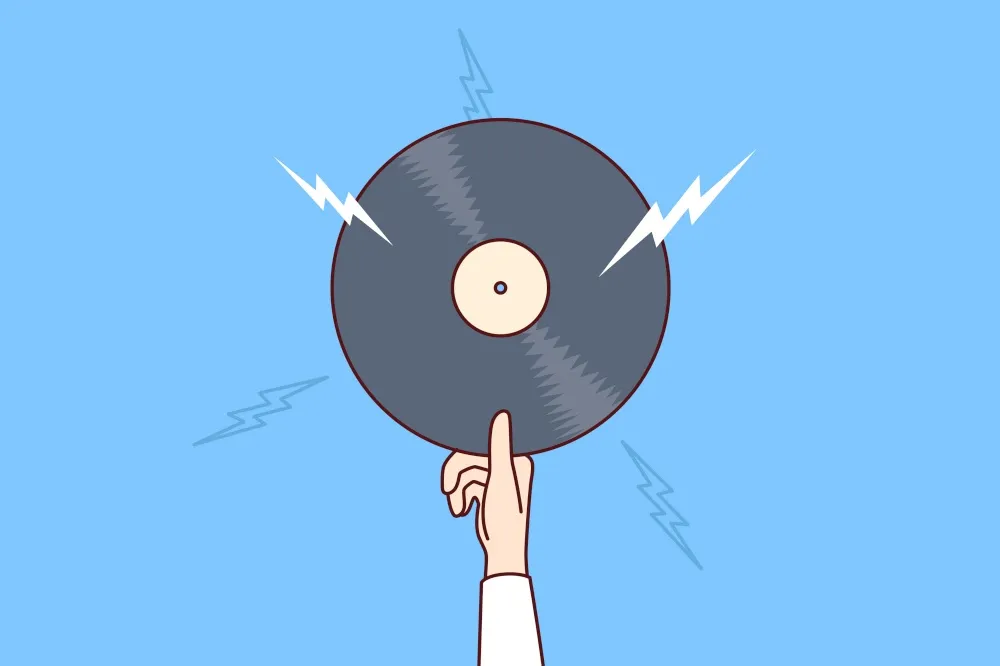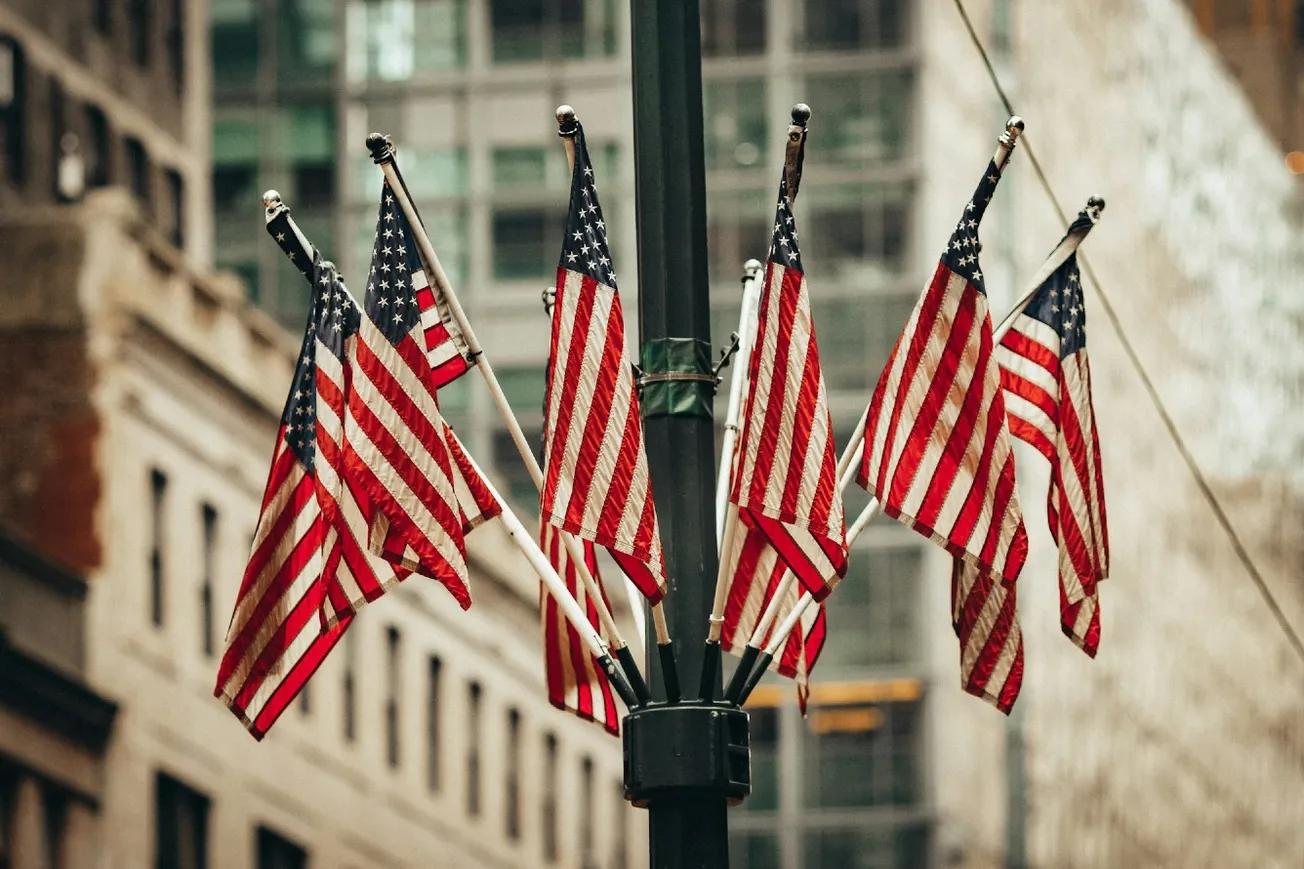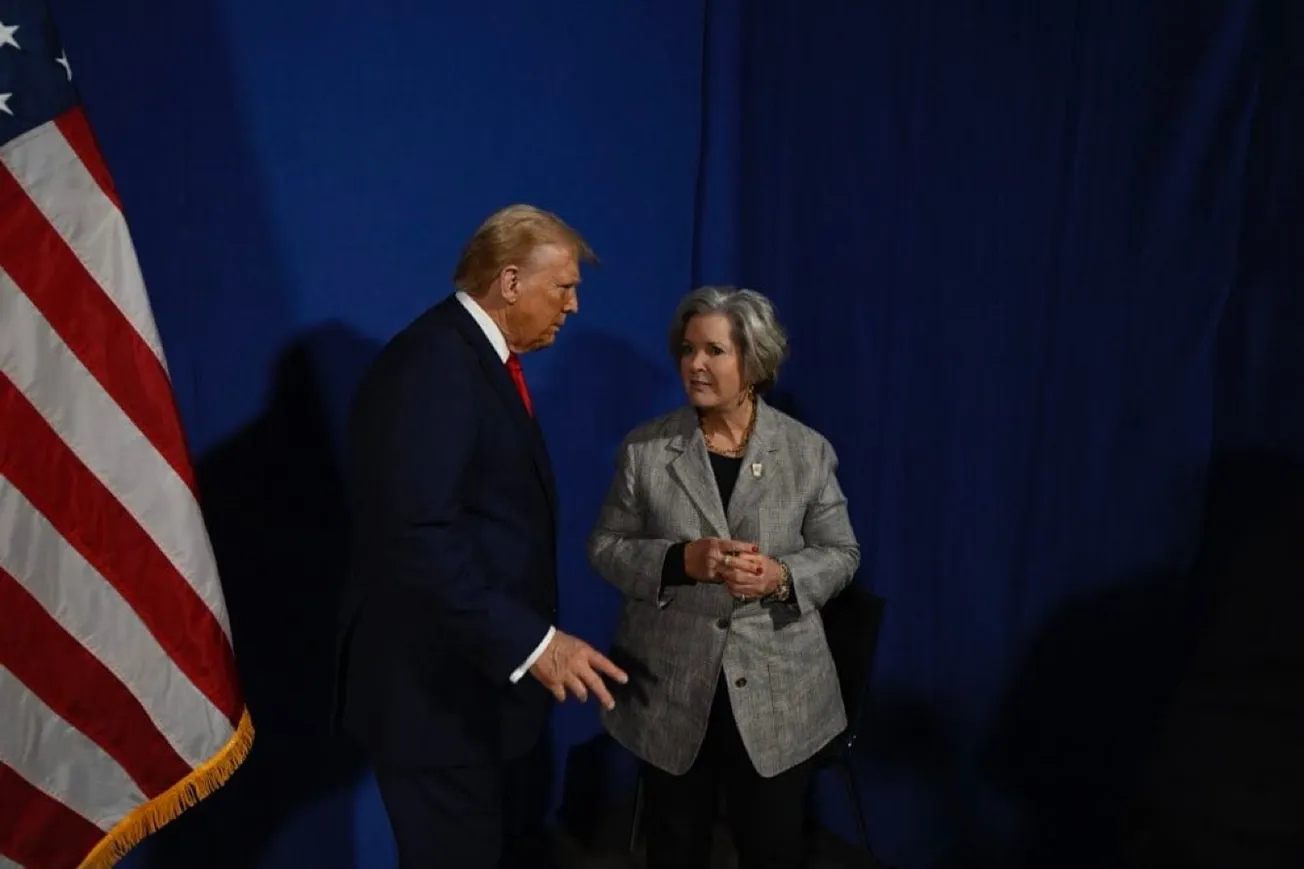Since Kamala Harris began releasing details of her "Opportunity Economy" plan, she has invariably talked about her small business initiative.
She has a point when she celebrates the contributions of small businesses to America.
The official definition of a small business is any enterprise that has fewer than 500 employees, although this number can vary by industry. Revenues should be restricted to $7.5 million annually (for sectors like retail and restaurants). However, a manufacturer can qualify to be classified as a small business even with revenues as high as $41.5 million annually.
The contributions of small businesses to America are so vast that they are worth repeating. Small businesses create about two-thirds of all new jobs, and because they recruit from within local communities, the employment is far more diverse. Small business owners have a keen sense of what products and services sell, so they lead in innovation. They are also inherently nimble businesses. If an item is not selling, they adapt it to meet customer tastes or retire it altogether. If our government at all levels - Federal, State, and Local - performed like the average small business, America would become the platinum standard of efficient capitalism.
Harris's point is that each of us has a creative or organizational skill; why not monetize it by working for ourselves? It beats working for corporate America or the government.
To that end, Harris wants to set a goal of 25 million new small-business applications during her first term. For each new business, she would increase the tax deduction from about $5,000 a year under current federal law to a whopping $50,000.
The plan discriminates against current businesses. The obvious flaw is this: Why limit this “generous package” to only new small businesses?
A retail bank eager to attract a new customer may offer a $100 credit to their savings account, an offer not available to the bank's existing customers. But how can government policy so openly discriminate against current small businesses, which are the engine of the economy? Small businesses pay heavily in taxes, so isn't it ironic that current small businesses would be subsidizing new ones and inviting competition because of a government diktat?
It is clear that the Harris plan was quickly drawn up with the sweat of 20-year-something college graduates who know how to model a spreadsheet. Unlike the millions of small business owners she wants to help, Harris has never made a private payroll, and she appears to have no clue how her plan would impact America. Things always look fine on paper.
Tax deductions offer limited help to small businesses. Tax deductions and credits help large corporations, one of whose goals is to lower their tax burden and get the government to pay for investments they would have made anyway. Consider the often misused Research and Development tax credit, whereby companies can claim a percentage of their eligible R&D spending as a tax credit. But do these help a new small business other than being a giveaway to those who know how to work the system?
Every college student taking an accounting class knows the difference between tax deductions and tax credits. The former lowers a taxpayer's total taxable income by the deduction amount (in the Harris plan, by $50,000), while a credit reduces the tax bill dollar for dollar by the amount of the credit.
Whether for a deduction or credit, the business detail we look at is taxable income, not revenue. The business counts the cash from the register each day, generated from the sale of goods or services. These receivables (cash, debit, and credit card receipts) are called revenue. The revenue has to pay for all the expenses of the business, including the inventory of the products sold, wages, rent, utilities, and marketing. The difference between revenue and expenses is the income. Federal, state, and local taxes are assessed on this income.
Most startup small businesses struggle to make a profit and fold down altogether if they can't make ends meet. Even for those that make a profit, the income has to exceed $50,000 a year to get the full benefits of the Harris proposal.
Consider a neighborhood grocery store, a business where sector margins are about 2%. This store has to earn $2.5 million in revenue to have a net taxable income of $50,000. How many neighborhood grocers can boast $2.5 million in revenues?
Even if a new business manages to earn $50,000 in income, the net benefit is relatively meager. Suppose the owner is already in the 20% tax bracket. In that case, the effective monetary benefit from the Harris plan is 20% of $50,000, equalling $10,000.
Like many of her other statements, the Harris plan is a lot of hot air. It appears to be dramatic in scope and size, but when examined under the hood, it is a dud, making little positive economic impact. Most legitimate startup small business owners will derive minimal or no benefit from the plan.
But fraudsters will make hay. If history is any indication, the Harris plan will expend every dollar appropriated by Congress because there will be numerous startup small businesses that will magically spring up to take advantage of the financial incentives.
During the COVID-19 pandemic, various federal programs were established to support small businesses, such as the Paycheck Protection Program (PPP) and Economic Injury Disaster Loans (EIDL). Unfortunately, these programs were susceptible to fraud, leading to significant abuses.
Many individuals submitted false information on loan applications, inflating the number of employees or misrepresenting business expenses to qualify for larger loans. Numerous cases of individuals creating fictitious businesses to apply for funds, often using stolen identities or personal information, were reported. Many recipients misappropriated the funds, using them for non-eligible expenses, such as personal expenses, rather than for payroll or other qualifying business costs.
According to the Small Business Administration (SBA), the estimated loss in the Paycheck Protection Program (PPP) as of late 2023 was approximately $76 billion, representing around 10-15% of the total funds distributed.
More than 15 years ago, during the peak of the country's financial crisis when the government bailed out the "Too-big-to-fail" banks, Paul Krugman, a Nobel Laureate in Economics, introduced the pejorative term "lemon socialism:" Taxpayers bear the cost if things go wrong, but stockholders and executives get the benefits if things go right. The term is just right for Harris’s "Opportunity Economy" plan.
Krugman is endorsing Harris for President and the lemon socialism inherent in her small business plan.
Rajkamal Rao is a columnist and a member of the tippinsights editorial board. He is an American entrepreneur and wrote the WorldView column for the Hindu BusinessLine, India's second-largest financial newspaper, on the economy, politics, immigration, foreign affairs, and sports.









